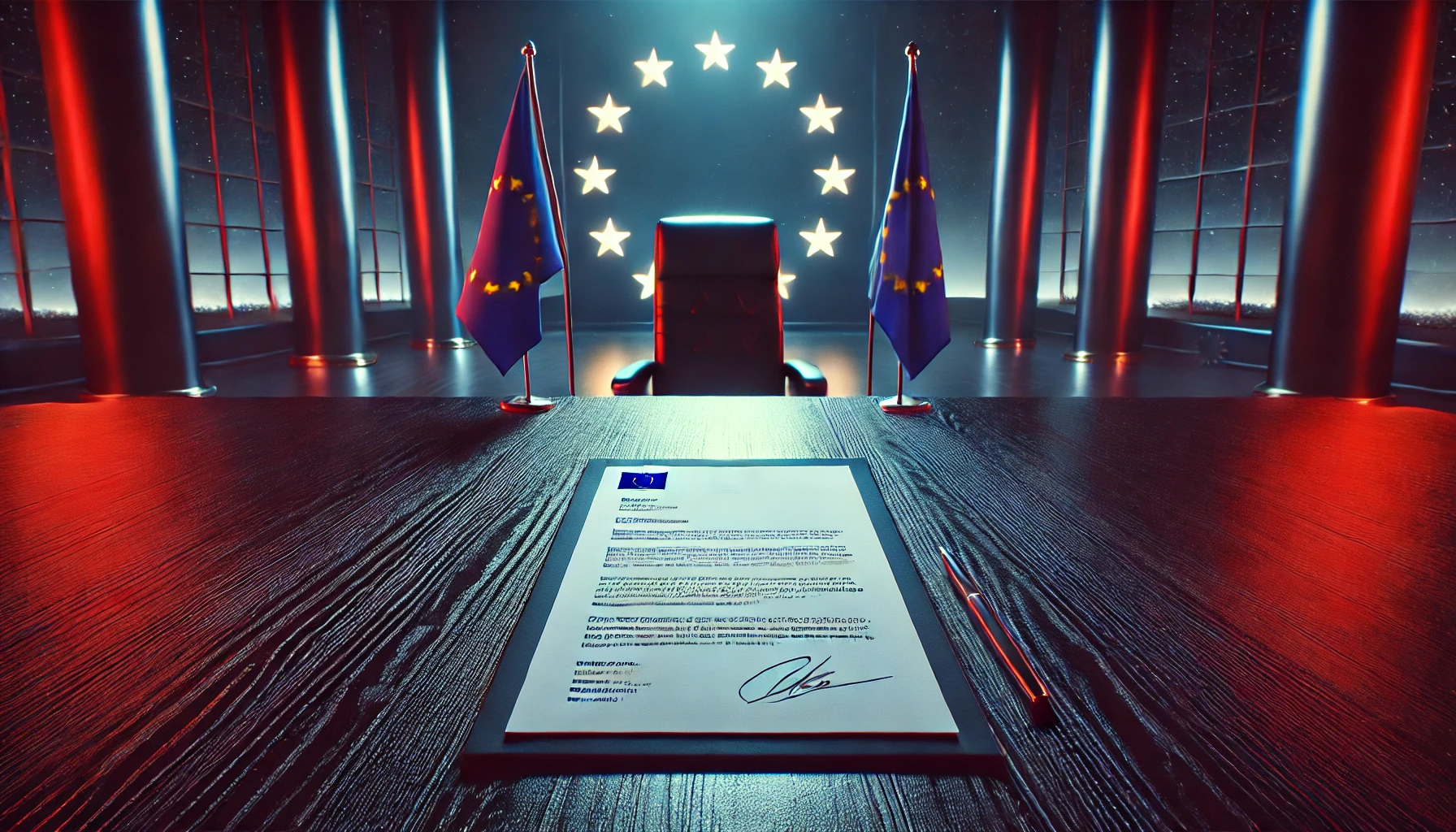Meta CEO Mark Zuckerberg and Spotify CEO Daniel Ek issue letter to the EU
Meta CEO Mark Zuckerberg and Spotify CEO Daniel Ek have joined forces to challenge the EU AI Act. In a joint statement published on August 24, 2024, the duo argued that the EU’s fragmented, Draconian regulatory strategies are throttling innovation and putting European companies at risk. This comes just weeks after the EU’s landmark AI Act officially entered into force on August 1, 2024. While the Act’s strictest rules don’t roll out until 2025 and 2026, companies must prepare to comply now – or potentially face massive fines if they’re caught out. In the open letter, Zuckerberg and Ek are The post Meta CEO Mark Zuckerberg and Spotify CEO Daniel Ek issue letter to the EU appeared first on DailyAI.

Meta CEO Mark Zuckerberg and Spotify CEO Daniel Ek have joined forces to challenge the EU AI Act.
In a joint statement published on August 24, 2024, the duo argued that the EU’s fragmented, Draconian regulatory strategies are throttling innovation and putting European companies at risk.
This comes just weeks after the EU’s landmark AI Act officially entered into force on August 1, 2024.
While the Act’s strictest rules don’t roll out until 2025 and 2026, companies must prepare to comply now – or potentially face massive fines if they’re caught out.
In the open letter, Zuckerberg and Ek are bullish about AI’s benefits, stating that the technology has “the potential to transform the world—increasing human productivity, accelerating scientific progress and adding trillions of dollars to the global economy.”
However, they warn that EU regulations threaten AI’s benefits and are particularly concerned about the impact on open-source AI development.
“We believe the next generation of ideas and startups will be built with open-source AI, because it lets developers incorporate the latest innovations at low cost and gives institutions more control over their data,” they wrote.
Zuckerberg also discussed Meta’s challenges in developing and releasing AI models in Europe. He revealed that the company has been unable to train its models on public data from Facebook and Instagram due to regulatory barriers.
Meta has already delayed the release of its open-source Llama models in Europe, citing red tape as a barrier.
This delay, Zuckerberg argues, means that “the most powerful AI models won’t reflect the collective knowledge, culture, and languages of Europe—and Europeans won’t get to use the latest AI products.”
Spotify’s Ek backed Zuckerberg on the importance of AI in his company’s success, crediting early AI investments for creating “a personalised experience for every user that has led to billions of discoveries of artists and creators around the world.”
The critiques rambled on, naming the Act as “risk-averse” and “complex,” warning that “pre-emptive regulation of theoretical harms for nascent technologies such as open-source AI will stifle innovation.”
They pointed to the uneven application of the General Data Protection Regulation (GDPR) as an example of how well-intentioned policies can create unintended obstacles.
EU Act lays down the law on AI, but consequences loom
So, what exactly about the EU’s approach to AI has Zuckerberg and Ek on the offensive?
The Act introduces a risk-based approach, categorizing AI systems according to their potential impacts. It’s been criticized for onerous rules and poor definitions that don’t align with industry terms.
Zuckerberg and Ek aren’t alone. In June, over 150 executives from major companies like Renault, Heineken, Airbus, and Siemens raised the alarm about the regulation’s impact on business.
Jeannette zu Fürstenberg, founding partner of Berlin-based venture capital fund La Famiglia VC, warned of “catastrophic implications for European competitiveness.”
Nevertheless, now Act’s wheels are in motion, there’s no turning back. EU officials remain confident they’ve played the right moves.
European Commission spokesperson Thomas Regnier recently reassured: “The legislation is not there to push companies back from launching their systems – it’s the opposite. We want them to operate in the EU but want to protect our citizens and protect our businesses.”
Whether the Act’s long-term impacts align with Zuckerberg and Ek’s concerns will soon be revealed, though likely not for another year or so.
The post Meta CEO Mark Zuckerberg and Spotify CEO Daniel Ek issue letter to the EU appeared first on DailyAI.






















